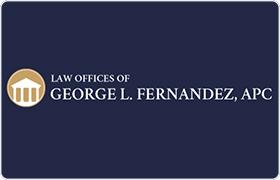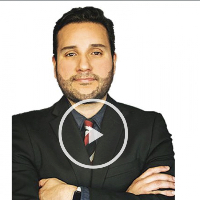Surfside Felony Lawyer, California
Sponsored Law Firm
-
 x
x

Click For More Info:
-
Law Offices of George L. Fernandez APC
444 Ocean Blvd Suite 800 Long Beach, CA 90802» view mapCriminal Defense Law Passion. Experience. Diligence.
George L. Fernandez is dedicated to competently, thoroughly, and diligently represent the best interest of his clients in a professional and ethical matter at all times.
800-970-2821
Sue S Jung
✓ VERIFIEDCriminal, DUI-DWI, Felony, White Collar Crime, Misdemeanor
20+ YRS CRIMINAL LAW EXPERIENCE, FORMER DEPUTY DISTRICT ATTORNEY AND DEPUTY PUBLIC DEFENDER I am passionate about helping people using personalized... (more)
Renee Michelle Daughetee
✓ VERIFIEDFelony, Misdemeanor, DUI-DWI, Civil Rights
Introducing Renee Daughetee: Your Resolute Advocate in California's Criminal Justice System In the intricate landscape of California's criminal jus... (more)
Zachary James McCready
Misdemeanor, Felony, Criminal, Bankruptcy
Status: In Good Standing Licensed: 17 Years
FREE CONSULTATION
CONTACTCraig Wilke
White Collar Crime, RICO Act, Felony, Civil Rights
Status: In Good Standing Licensed: 34 Years
FREE CONSULTATION
CONTACT George Fernandez Long Beach, CA
George Fernandez Long Beach, CA Practice AreasExpertise
Practice AreasExpertise


